
Wakelyns

.
.
.
.
| 100% UK |
- Farm Gate Sales
- Field Crops
- Juice, Cider, Wine and Drinks etc
- Unusual Crops
- Apple Juice
- Barley
- Cereals
- Fresh Produce
- Lentils
- Wheat
 PAGE Q.R. CODE PAGE Q.R. CODE |
||||
| ALSO | BUY BREAD FROM |  |
||
|
CONTACT DETAILS Email info@wakelyns.co.uk
|
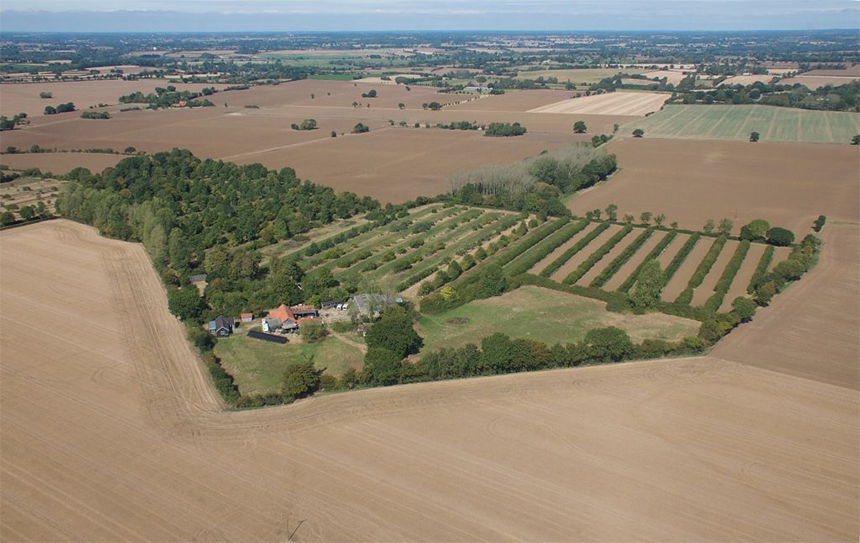 |
||
|
Organic farming on one of the longest-established and most diverse Agroforestry sites in the UK. We are about food, people, the environment and much more. An oasis Wakelyns is an oasis in the Suffolk countryside, surrounded by huge fields growing monoculture crops, mostly for animal feed and overwhelmingly dependent on agricultural chemicals. We enjoy standing out. |
||
| . | ||
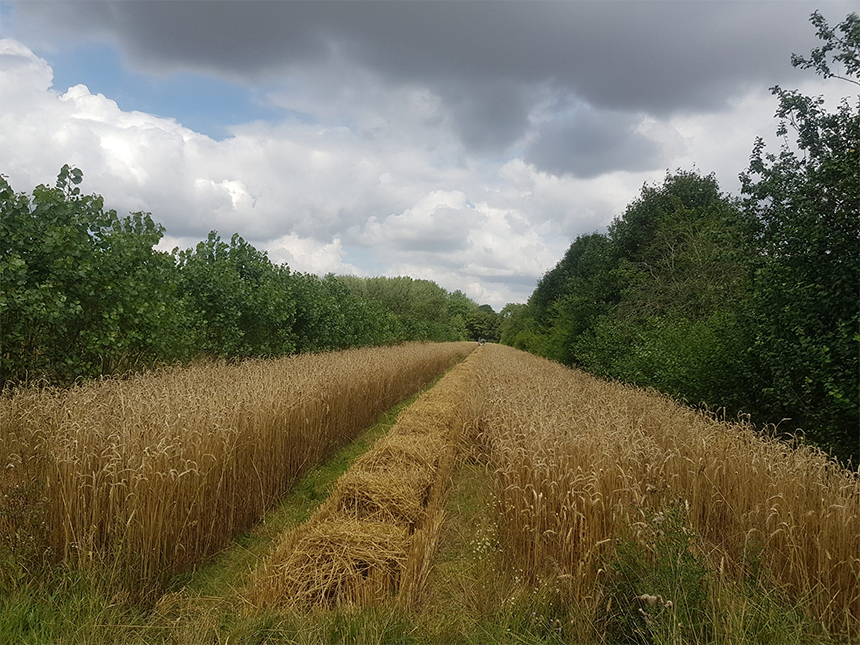 |
||
| . | ||
|
The ‘YQ’ ORC Wakelyns Population Wheat and ‘Q’ Population Wheat were developed at Wakelyns by Martin Wolfe and the team from the Organic Research Centre, from 2001. At different times since then, batches of grain have been taken from Wakelyns to grow the YQ and Q populations elsewhere. Now lots of farms grow YQ and Q, which is great. And, of course, each of those emigrant populations, like human communities who move across the world, will then have developed its own genetic characteristics, adapting to its new home. That’s how populations thrive in nature. Meanwhile, the populations at Wakelyns – the ‘birthplace’ of YQ and Q – continue to evolve to ever better tune themselves to our local environment and soil. In standard, pureline, monoculture varieties of wheat, all plants are almost identical. In population wheats, or Cross Composite Populations, all plants are genetically distinct. This brings great diversity within the crop and the field. Indeed if you visit Wakelyns, you will witness the great variety of heights and ears of the wheat plants here as they grow in the alleys. If one individual plant in a population fails due to disease or weather conditions, there are others that will still grow and thrive. This vast in-built genetic diversity equates to huge resilience so that the crops do not require any inputs such as pesticides, fungicides and herbicides, unlike monoculture crops which are greatly dependent on all of these high nitrogen fertilisers. Populations, just as our ancestors grew 10,000 years ago, thus prove that the fundamental key to sustainable and healthy food and farming systems, which work as part of nature, is diversity. The ‘YQ’ was bred by making 190 crosses among 20 different parent varieties – 19 modern wheats and one old wheat, Maris Widgeon – and mixing all the resulting seeds. With this increased genetic diversity making more efficient use of soil nutrients and water, lowering plant disease and pest levels, the ORC found a huge improvement in yield stability. Moreover, their choice of parent plants produced a population which combined attractive levels of not only Yield but Quality too, resulting in its nickname, ‘YQ.’ Quality refers to the populations’ good baking quality, protein content and nutrition also. The Wakelyns Bakery, Small Food Bakery and other bakers using it, demonstrate its quality of texture and flavour too. ‘Q’ is slightly higher in gluten. Every year, some of the grains from the harvest are milled for flour here on site, now being baked here too in our bakery, whilst the rest are saved as seeds and replanted. The ‘YQ’ and ‘Q’ at Wakelyns have now been through over eleven generations of natural field selection, each year the plants within them which are better adapted to the climate, soil and landscape here, reproducing. This results in our own local population, or ‘landrace’. Whilst ‘Q’ is still only grown here, the ‘YQ’ is now being grown all over the UK, with farmers growing and saving their seeds every year to perpetuate the genetic diversity and resilience and develop their own landraces and a crop and food that is distinct to their own region. It is wonderful to see the ‘YQ’ and its message, in diversity there is strength, autonomy and beauty, being sown, harvested, milled and baked by a growing number of dedicated regenerative farmers, millers and bakers. |
||
| . | ||
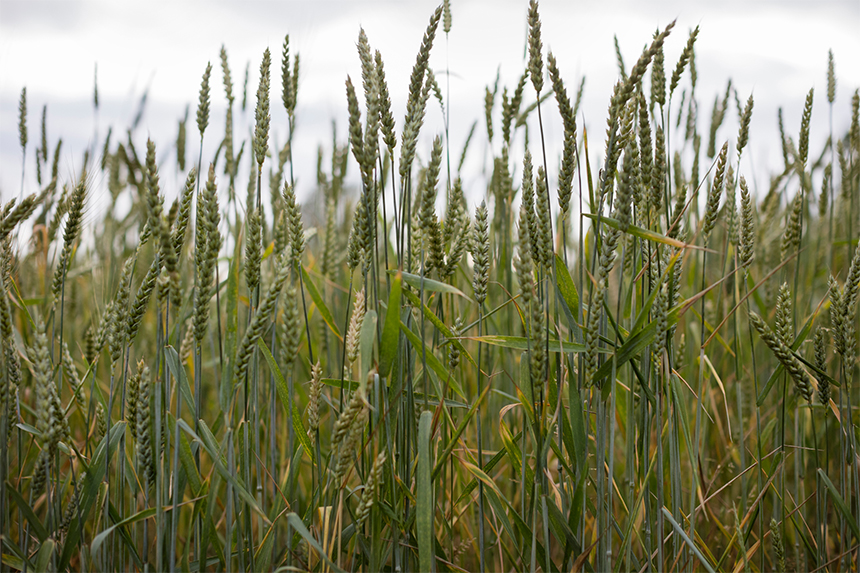 |
||
| . | ||
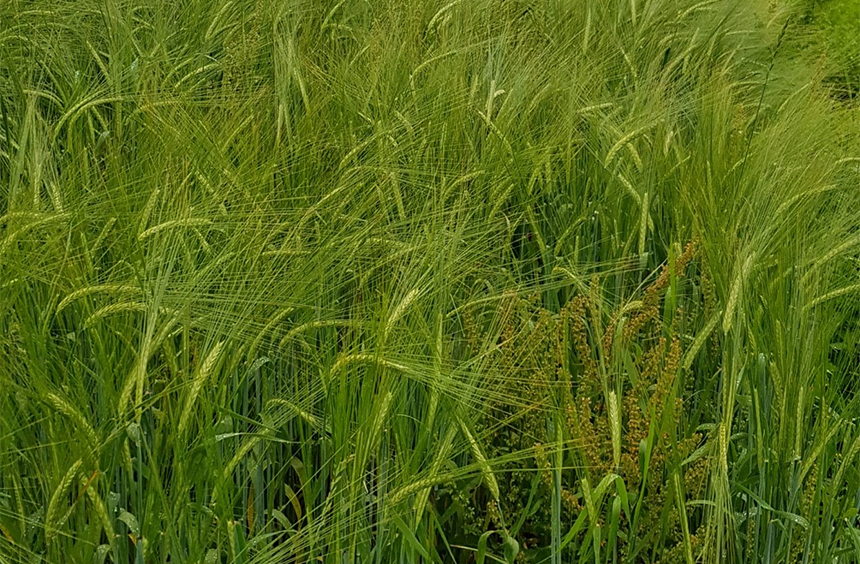 |
||
| . | ||
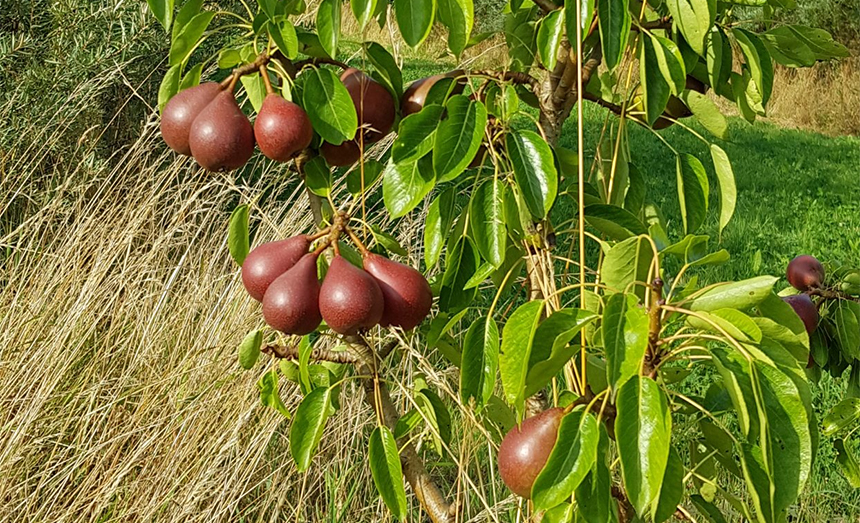 |
||
| . | ||
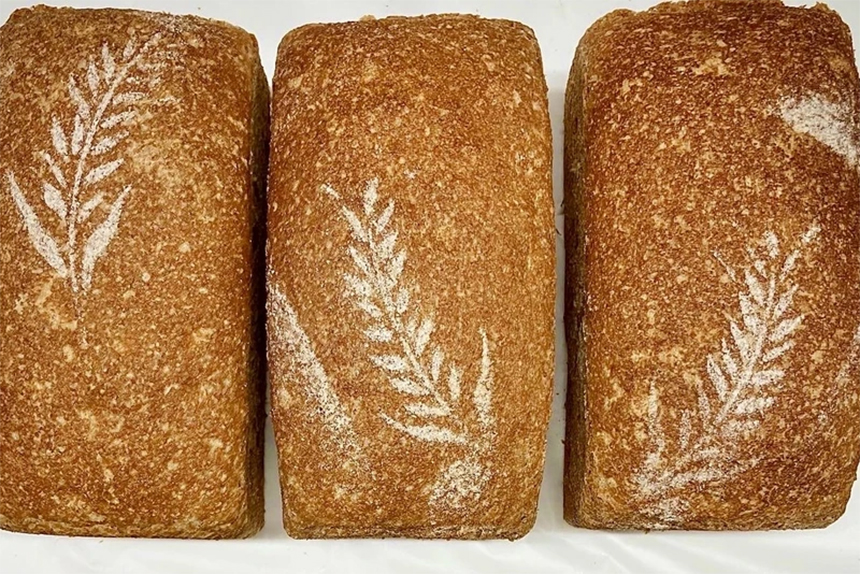 |
